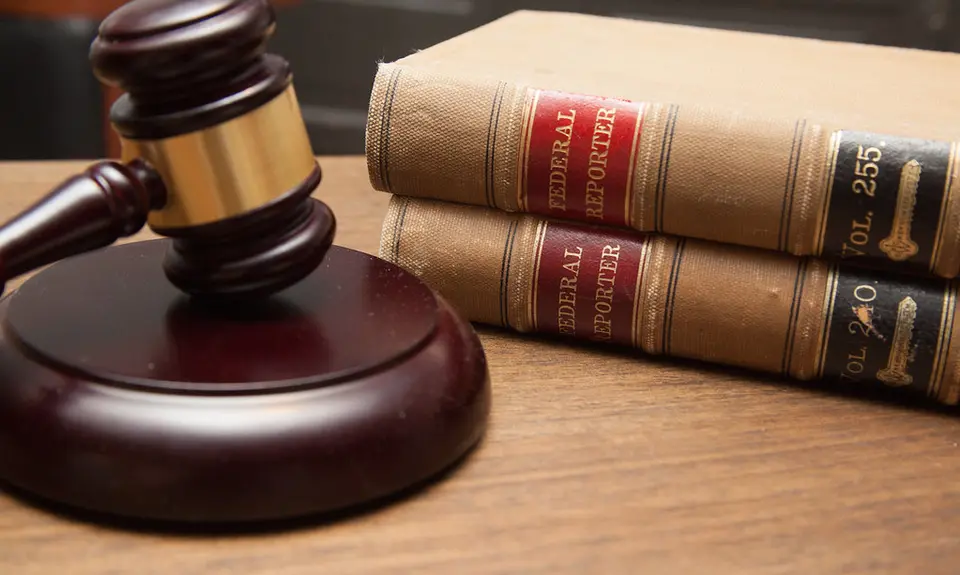“Confirmed Judges, Confirmed Fears” is a blog series documenting the harmful impact of President Trump’s judges on Americans’ rights and liberties. It includes judges nominated in both his first and second terms.
Judge Andrew Brasher, who was nominated by Donald Trump to the Eleventh Circuit Court of Appeals, wrote a 2-1 opinion upholding a lower court ruling throwing out a prisoner’s claim that officials improperly subjected him to a body cavity search. Judge Charles Wilson, who was nominated by President Clinton, dissented in the February 2025 decision in Horton v Gilchrist.
What happened in this case?
One morning, while Michael Horton was carrying out his assigned duties as a barber in the Fountain Correctional Facility in Alabama, officials conducting an institution-wide search demanded that he strip so they could conduct a body cavity search of him. Horton objected because two female officers were present and his religious views forbade him from exposing his naked body to “any woman other than his wife.” The officials refused to make any accommodation, and the body cavity strip search took place. No contraband or other problem was found.
Horton filed a federal lawsuit claiming violation of his First and Fourteenth Amendment rights and seeking injunctive relief against being “strip searched in the presence of female officers.” Following a procedure often used in Alabama federal courts, the magistrate assigned to the case directed the defendant officials to file an “answer and special report” in response to the complaint, which contained “sworn statements” by them and others with knowledge of the facts. The magistrate considered the materials as a motion for summary judgment and ruled for the officials and against Horton. The district judge agreed, and Horton appealed to the Eleventh Circuit.
Why was the decision by Judge Brasher and the Eleventh Circuit majority harmful?
Trump Judge Brasher’s 2-1 decision affirmed the court below and threw out Horton’s case. He specifically rejected the claim by Horton, who was representing himself without a lawyer, that he should have received an opportunity to amend his complaint after the defendant officials filed their report. Although that procedure had been used in a previous Eleventh Circuit case where a prisoner complaint was dismissed for failure to state a claim, Brasher claimed that this principle “has no application at the summary judgment stage of a lawsuit.”
Judge Charles Wilson strongly dissented. He noted that the district court did not allow Horton to conduct any discovery, and that its use of the special report procedure “removes a consequential part of litigation – discovery -- from those who are trying to navigate a system without help from a lawyer.” Wilson went on to express serious concern about this “court-imposed system that removes a large part of litigation for litigants who are already at a disadvantage.” Wilson concluded that the lower court erred in converting the special report to a motion for summary judgment and resolving it without giving Horton the opportunity to amend his complaint or conduct discovery.
Brasher’s opinion clearly harms Michael Horton’s effort to vindicate his constitutional rights and sets a troubling precedent for other cases brought by prisoners in Alabama – especially those without the means to afford an attorney. The decision illustrates the importance of our federal courts to health, welfare and justice and the significance of having fair-minded judges on the federal bench.
